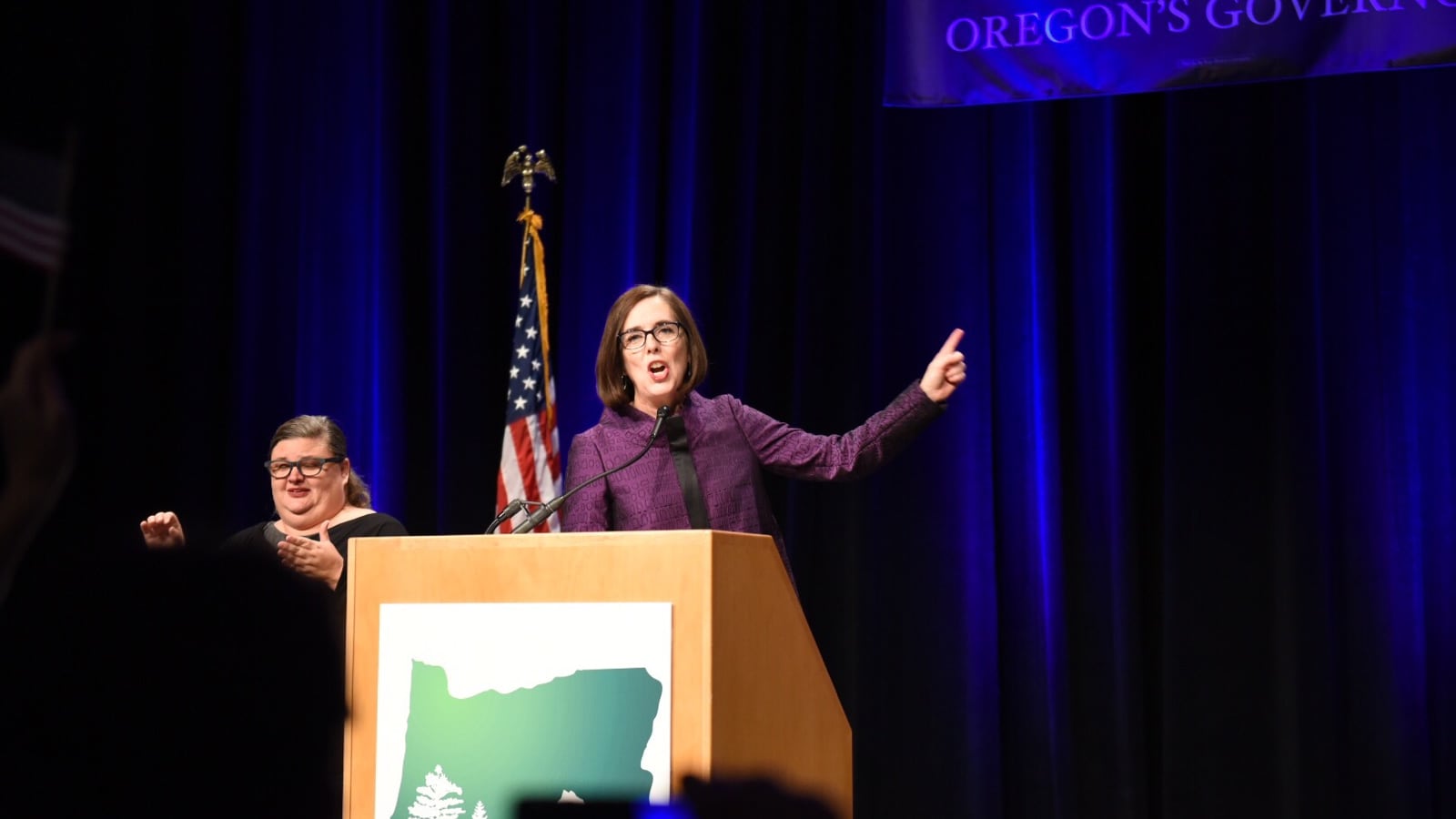Gov. Kate Brown today submitted her list of appointments for boards and commissions to be considered by the Oregon Senate in November.
As WW reported on Friday, the most interesting appointments for Salem insiders are the elevations of state Sen. Richard Devlin (D-Tualatin) and Sen Ted Ferrioli (R-John Day) to the Northwest Power Planning and Conservation Council.
The council was created by the Northwest Power Act 1980, according to the group's spokesman, John Harrison.
In response to questions from WW, Harrison also outlined some of the basics of the council members' employment.
Each of four Northwest states—Oregon, Washington, Montana and Idaho—nominates two members to the council. Members serve three-year terms, working for an organization that is neither state nor federal.
Oregon's council members currently get paid $119,988 a year—more than five times the modest $22,000 salary Oregon pays its lawmakers.
The money to fund the council comes from the Bonneville Power Administration, Harrison says. But unlike other states, Oregon routes the BPA money through a state agency, the Oregon Department of Energy.
That means because their paychecks will come from the state, the two state senators will get big boosts to their accounts with the Public Employees Retirement System.
Both senators first won election to the Legislature in 1996—Ferrioli to the Senate and Devlin to the Oregon House—and they have served continuously since then. (Ferrioli is a retired public relations executive; Devlin, a retired legal investigator.)
That means both senators are probably Tier Two PERS members. Nobody knows, of course, when the men will retire, but their pension benefit will be function of their number of years of service—20 years each, plus however long they serve on the council—and their final average salary, which just went up a lot.
If confirmed by the Senate next month, the men would start their new jobs on Jan. 16, 2018.
Correction: This post originally said Devlin and Ferrioli are Tier One PERS members. Tier One members began state employment before Jan. 1 1996 and their legislative service did not begin until Jan. 1 1997. WW regrets the error.
